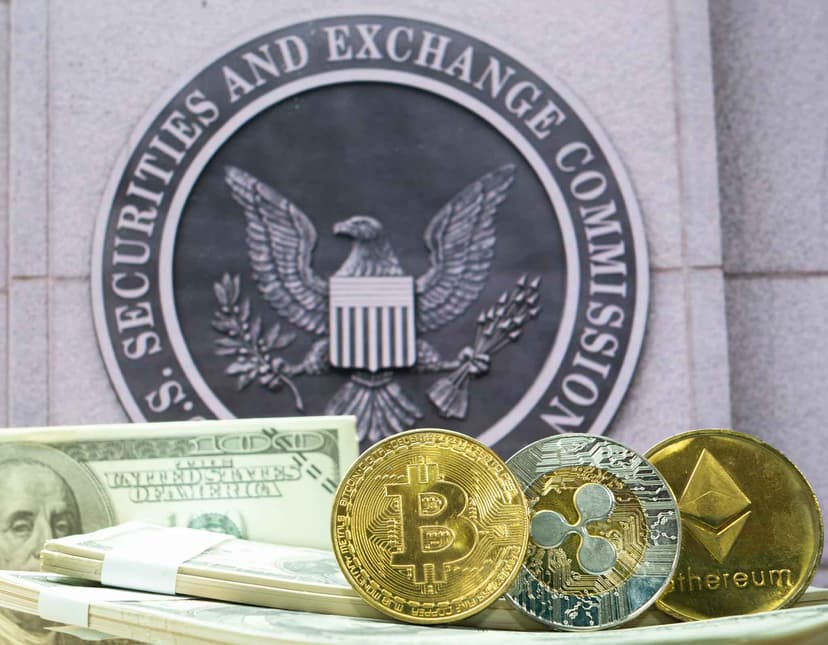
Markets Rally Post-Powell’s Balanced Remarks at Jackson Hole


Simpler Trading Team
While traders plan strategies and learn concepts designed to work most of the time, trading formulas can have more power when designed to work in volatile market conditions.
Without a doubt, the “predictable” trading market of the past has yielded to a more complex playing field.
Market volatility experienced this past year could possibly drag on for years. In this environment, traders have learned that calling a timeout – like going to cash – is an executable strategy.
Sitting on the sidelines in this game isn’t necessarily a bad play.
We’ve watched the market drop, spike, and chop while it attempts to establish its boundaries. Whether we’re in the midst of the sloppy ebb and flow of the market or in a state of limbo waiting for the dust to settle, the pressure to make good plays never ends.
As our economy reacts to inflation, along with wage pressures and Federal Reserve announcements of rising interest rates, the signal for continued volatility is clear.
Making consistent plays in any market environment enables Simpler’s traders to keep short-term trades in line with their long-term strategies. Traders who use sound strategy for trade setups – even when volatility is ratcheting higher – increase the potential for a trading edge.
Simpler’s traders use trading strategies to not only survive, but thrive, in volatile markets. By adhering to strategies and indicators that keep them from straying from their path, Simpler’s traders stick with the game plan.
By digging into charts and following technical patterns, Simpler’s traders work to make more powerful moves in the market to grow their accounts. This is a sound alternative to floundering in the market making reactionary trades.
Regardless of a trader’s particular style, whether swing or day trading or even scalping, traders can step back to see the bigger picture in the market movement. This can reveal solid moves that complement strategies already in play.
This market environment is expected to be around for some time. Why not pursue strategies that present greater potential for a long-term, winning game plan?